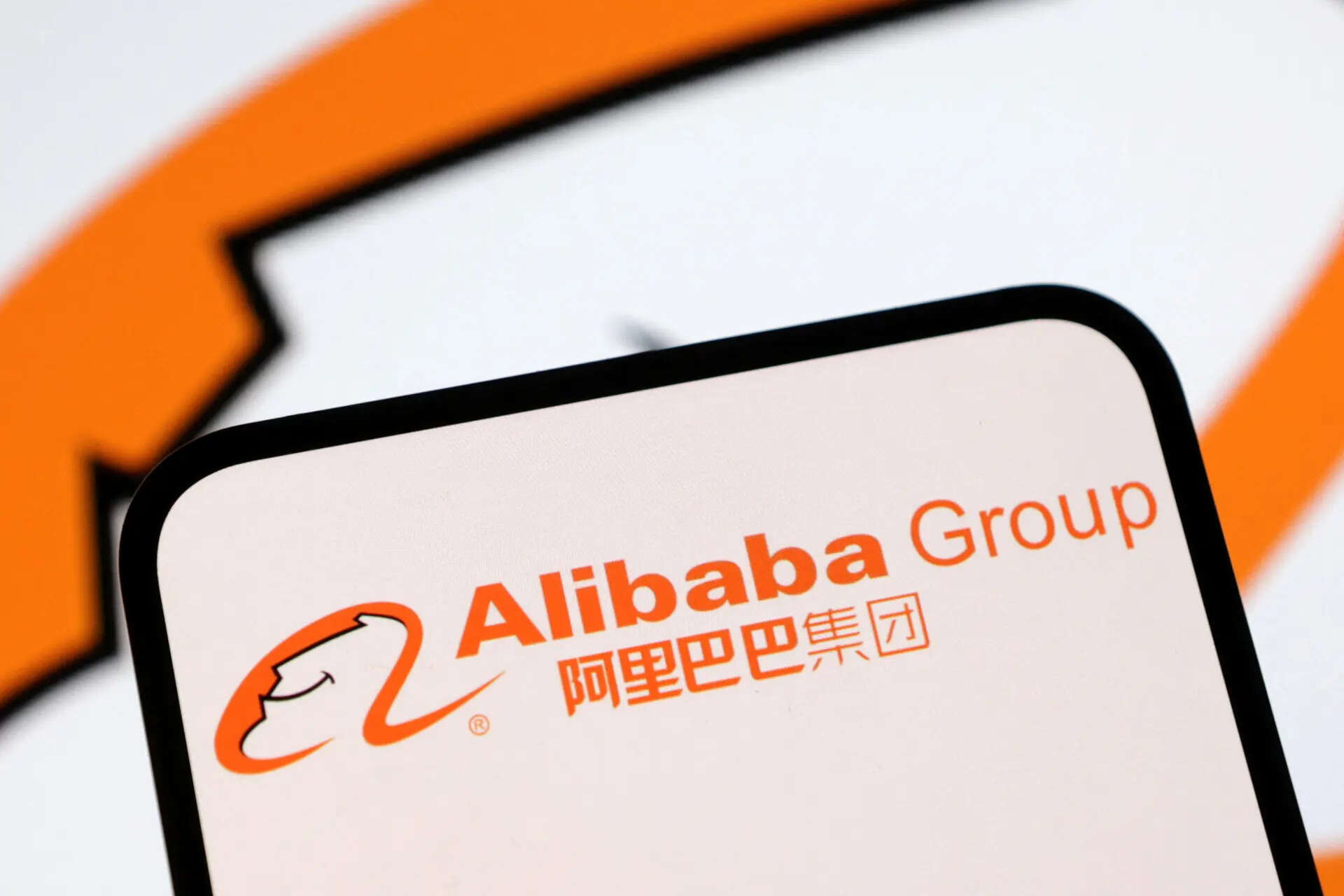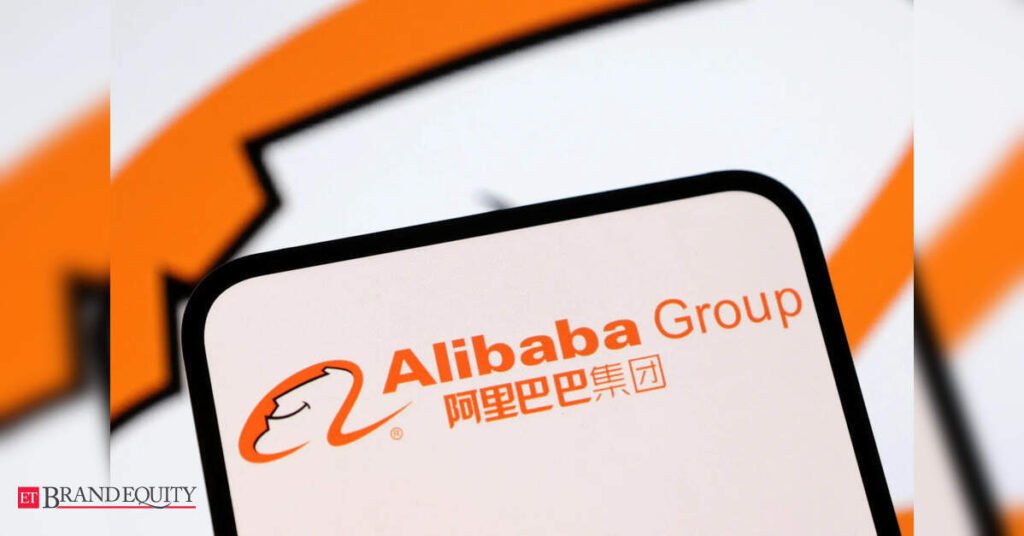
The online retail platform of Chinese tech giant Alibaba announced Wednesday that it will issue USD 7 billion in subsidies for certain purchases, providing a much-needed boost for a country struggling with sluggish spending.
Taobao, China’s e-commerce champion launched by Alibaba in 2003, said in a WeChat statement that the 50 billion yuan (USD 6.97 billion) would “directly subsidise consumers and merchants” over a 12-month period starting Wednesday.
The spending incentives on Taobao’s “flash purchase” feature will take the form of “red envelopes” — a digital form of traditional cash gifts — as well as discounts on products, deliveries and commissions, the statement said.
Taobao said that the subsidies will “provide consumers with preferential and convenient services and experiences, further stimulating consumption vitality”.
Beijing is battling to stave off deflationary pressure, which has threatened to dampen economic growth even as challenges elsewhere mount.
A lengthy property sector crisis and a fierce trade war with the United States this year have exacerbated concerns among Chinese households about making major purchases.
Chinese authorities have sought to allay fears, unleashing a series of aggressive policy measures aimed at boosting spending, including key interest rate cuts and various consumer goods trade-in schemes.
Results have been mixed, with retail sales in May growing at the fastest clip year-on-year since December 2023, according to official statistics, even as commercial property prices in a group of 70 key cities fell from April.
Chinese President Xi Jinping on Tuesday urged efforts to “advance the building of a unified national market” during a high-level meeting on economic policy, state news agency Xinhua said.
Leaders at the meeting also called for better management of “low-price disorderly competition” among companies.
“As China’s economy faces deflation pressures and a weak labour market, the government aims to address these challenges from the supply side,” Zhiwei Zhang, President and Chief Economist at Pinpoint Asset Management, wrote in response to Tuesday’s meeting.
“The top priority seems to be preventing over-competition,” he added.


